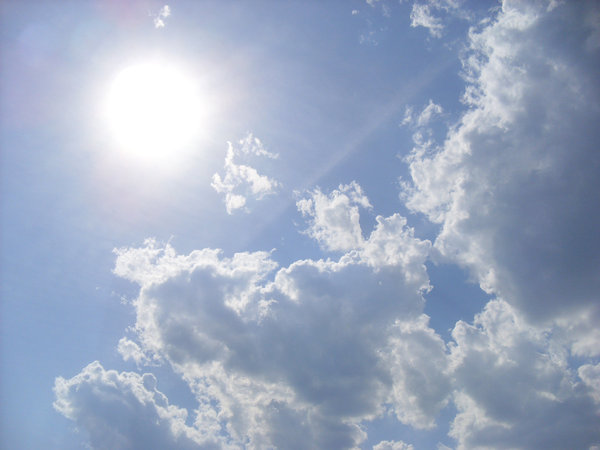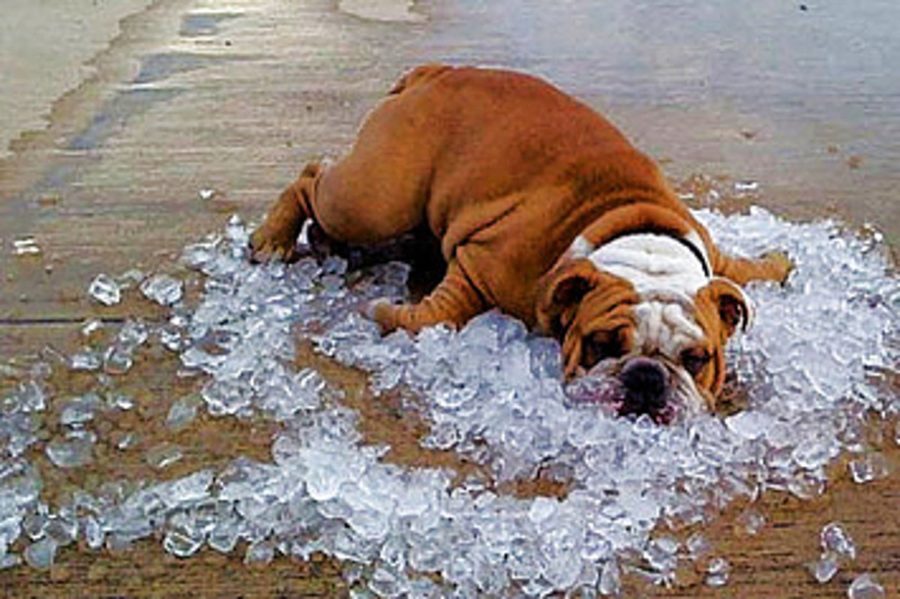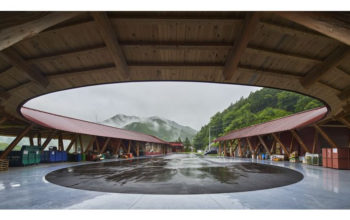Here’s 5 ways people stayed cool before air conditioning was invented-
Beating the scorching heat was much different before the advent of air conditioning, and many people had to be creative when trying to stay cool and comfortable on a hot summer afternoon.
The following written content by Brian Lada

As summer heat builds, more people will rely on air conditioning units to keep cool.
However, before air conditioning existed, people had to be creative when trying to stay comfortable in sweltering conditions.
Here are five different ways people across the United States beat the heat in the 1800s and early 1900s.
Water fountains
Water fountains were very different in the 1800s and early 1900s than they are now, but they still provided an easy way to cool off in the summer.
Some fountains in big cities were built as large troughs so people could do more than just take a drink of water. On a hot summer day, they were an oasis where people could submerge their heads to stay cool.

While fountains like these made it easier to find some relief from the heat, they also made it easier to contract an illness.
Not only were many different people using these fountains but sometimes horses and other animals would use them as well, often rendering them unsanitary.
Ice blocks
With an eye on the summer heat, people would harvest and store ice blocks during the winter to be used in the warmer months.

Having ice available in the summer took some planning before refrigeration was available.
People would have to harvest ice from lakes that were frozen over during the winter months. The ice would then be stored in naturally cool buildings, called ice-houses, where they would sit before being distributed months later.
Using ice to cool down on a hot summer day was efficient, but it was not always reliable due to the variability of winter weather.
If there was a mild winter, not as much ice would available to harvest, making it a rare commodity months later when the hot weather arrives.
However, in frigid winters, more ice would be available to harvest, making the ice cheaper and more accessible during the summer.
High ceilings
Creative architecture was another way to prevent indoor conditions from becoming stifling and uncomfortable.
Because hot air rises, some buildings were built with high ceilings. The hot, rising air would then escape through windows near the ceiling to create a natural airflow.
Front porches
Architects also incorporated front porches onto houses to give homeowners some relief from the heat.
People could then sit outside during the evening and early in the night when it was cooler. Read more from AccuWeather.





